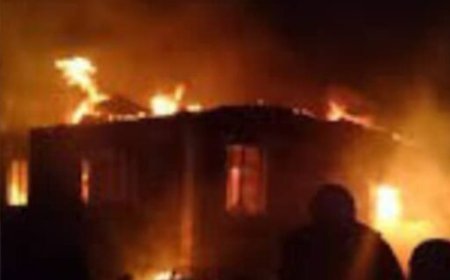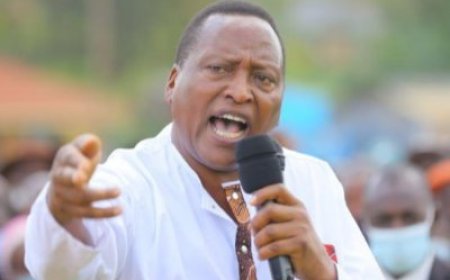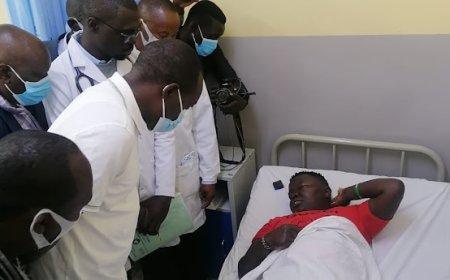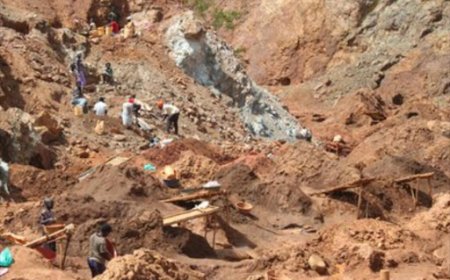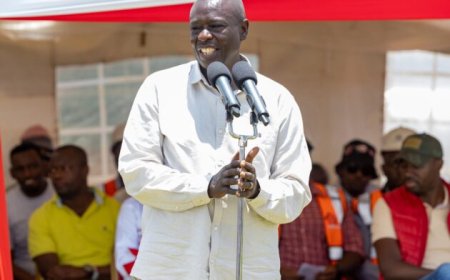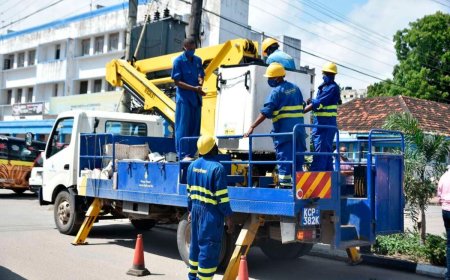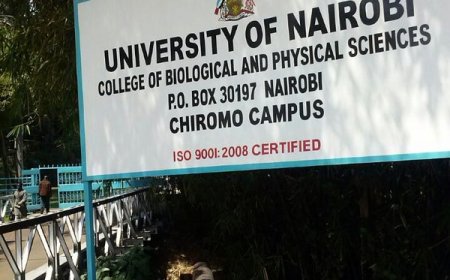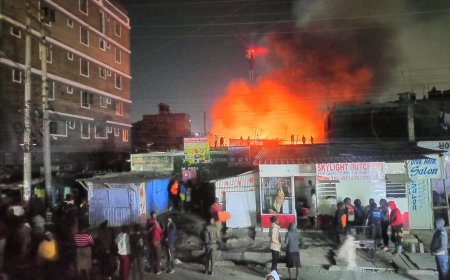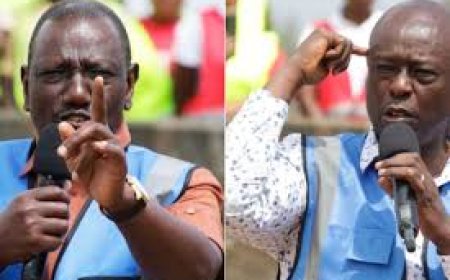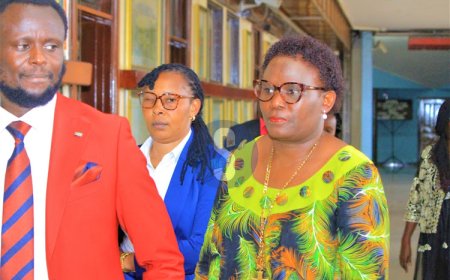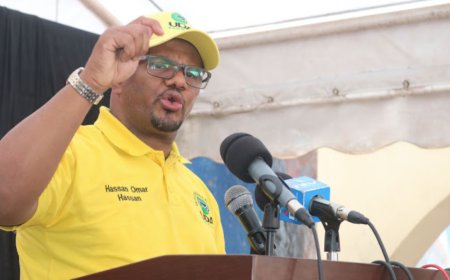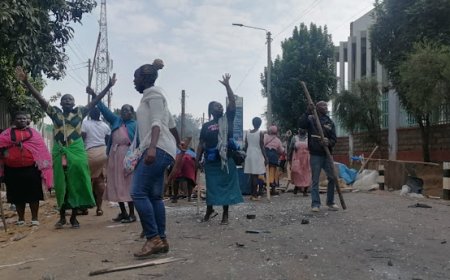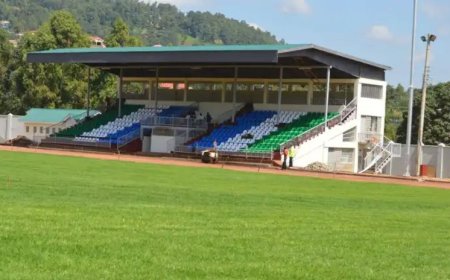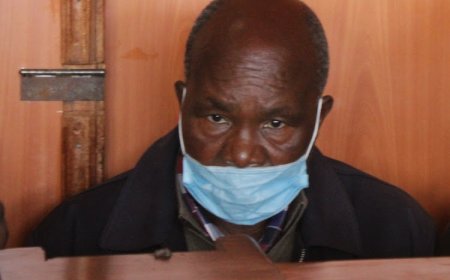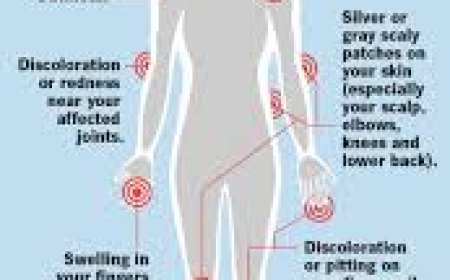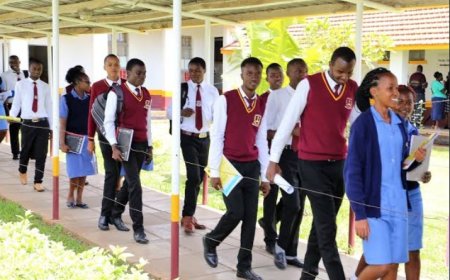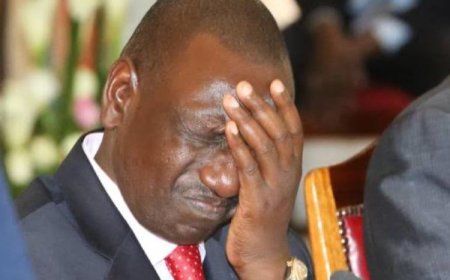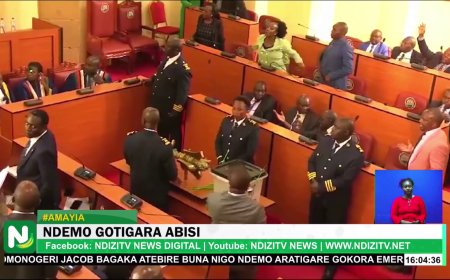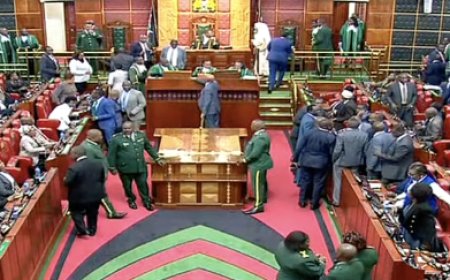MPS RESUME THEIR PUBLIC HEARINGS ON THE AFFORDABLE HOUSING BILL.
Since January 17 in 19 chosen counties, Kenyans and other stakeholders have been providing input to the joint committees of the National Assembly on Finance and National Planning as well as Housing and Urban Planning.

The affordable housing bill's public hearings, which are being held in Mombasa and Nairobi counties, come to an end on Wednesday, January 31.
Since January 17 in 19 chosen counties, Kenyans and other stakeholders have been providing input to the joint committees of the National Assembly on Finance and National Planning as well as Housing and Urban Planning.
The initiative, which is being supported by Kimani Ichung'wah, the majority leader, aims to implement the Constitution's guarantee of the right to decent and accessible housing by creating a legal framework for the formation of the Affordable Housing Fund.
Concerns about public land compensation were brought up during Monday's meeting at Nairobi's county hall.
The Law Society of Kenya's advocate, Vincent Ombaka, underlined the necessity of compensating communities in line with constitutional provisions, based on the market value of the public land where the housing program would be carried out.
Ombaka asked the committee to look into constitutional issues and raised concerns about the payment system for using public land for commercial purposes.
He emphasized how crucial it is that the measure includes provisions for providing communities with just recompense.
While former lawmaker Sonia Birdi advised allowing willing private landowners to contribute to the program, Rose Mullyungi of the Kenya National Congress of Pentecostal Churches suggested looking for alternate property rather than removing existing housing for the program.
Westminister Consulting emphasized the problems Muslims suffer as a result of loan interest while urging the measure to be inclusive.
They put forth changes to guarantee that Housing Levy monies are only used for the initiative and aren't diverted for other uses.
As an advocate for professionals in the built environment, the Architects Alliance of Kenya suggested having representation on the Affordable Housing Fund Board.
They stressed the value of green areas and taking mental health into account when designing homes, and they suggested creating County home Boards to implement customized county policies.
Informal settlement representatives backed the measure because they believed it would raise living standards, but they also demanded affirmative action for those with disabilities and extremely low incomes who could find it difficult to pay the suggested deposits for housing units.
There are high expectations for a comprehensive and inclusive affordable housing strategy in Kenya when the public participation report is anticipated to be delivered in Parliament after the break.
To pass progressive legislation, the Finance Committee's head, Kuria Kimani, gave the stakeholders her word that the committee would consider their suggestions.
"We are grateful for your feedback. Today, some excellent suggestions were offered. This emphasizes how important public involvement is. "We will thoroughly review each of these submissions to determine how they can improve the Bill," he stated.
In Narok, Embu, Kisii, Kirinyaga, Homabay, Kiambu, Vihiga, Machakos, Uasin Gishu, and Turkana, parliamentary hearings were held.
Along with them are the counties of Baringo, Nairobi, Wajir, Nakuru, Nyandarua, Tana River, Kilifi, Nairobi, and Mombasa.
The head of the housing committee, Johana Ngeno, promised to move quickly to get the housing tax legislation passed.
In Tana River, Ngeno declared, "We will have passed it into law within two weeks."
What's Your Reaction?








